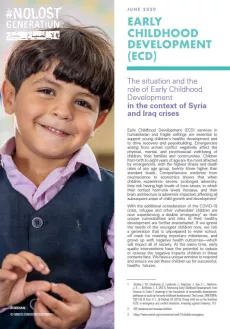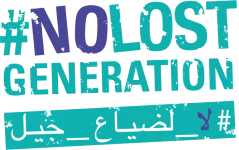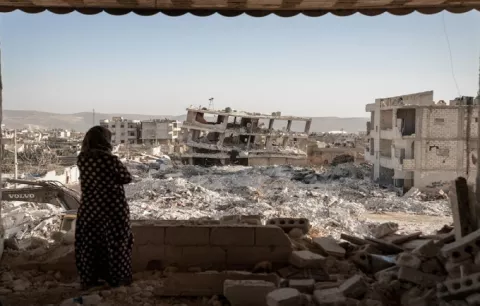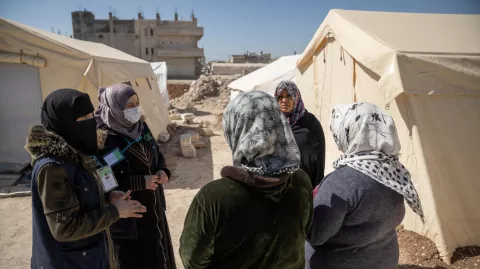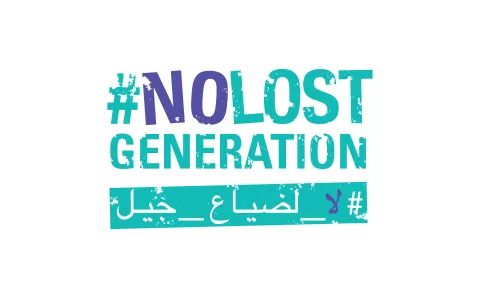Early Childhood Development (ECD): its situation and role in the context of Syria and Iraq crises
No Lost Generation
Highlights
Early Childhood Development (ECD) services in humanitarian and fragile settings are essential to support young children’s healthy development and to drive recovery and peacebuilding. Emergencies arising from armed conflict negatively affect the physical, mental, and psychosocial well-being of children, their families and communities. Children from birth to eight years of age are the most affected by emergencies, with the highest illness and death rates of any age group, twenty times higher than standard levels.
If we ignore the needs of the youngest children now, we risk a generation that is unprepared to enter school, off track for meeting important milestones, and grows up with negative health outcomes—which will impact all of society. At the same time, early quality interventions have the potential to reduce or reverse the negative impacts children in these contexts face.
No Generation Lost (NLG) partners, are working to ensure a sustainable and context-appropriate ECD response to the needs of millions of Syrian children whose most formative years have been marked by displacement, conflict and violence. This document highlights key recommendations to fill the gaps in programming and funding for ECD within the Syria and Iraq Humanitarian Response Plans (HRP), which were raised during a meeting on ECD evidence and policy between NLG partners, donors representatives, UN agencies and INGOs in December 2019.
